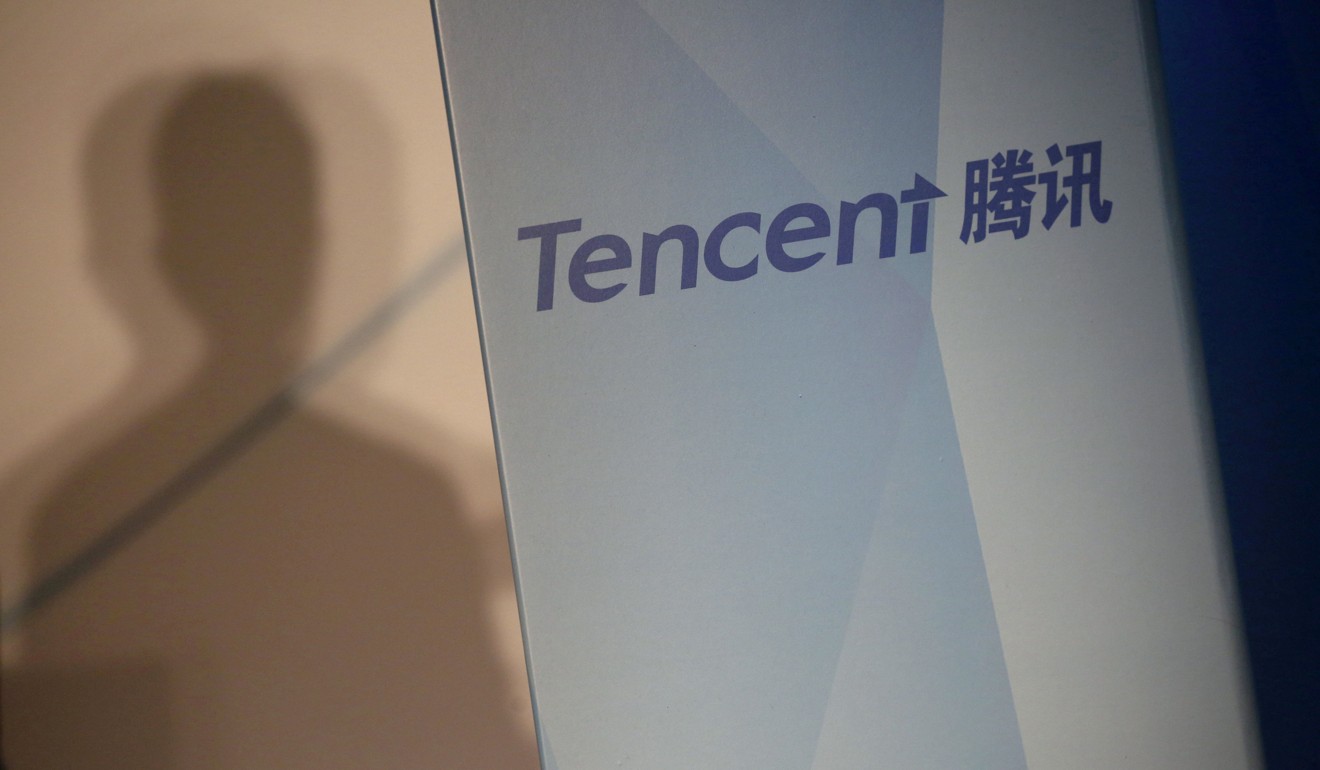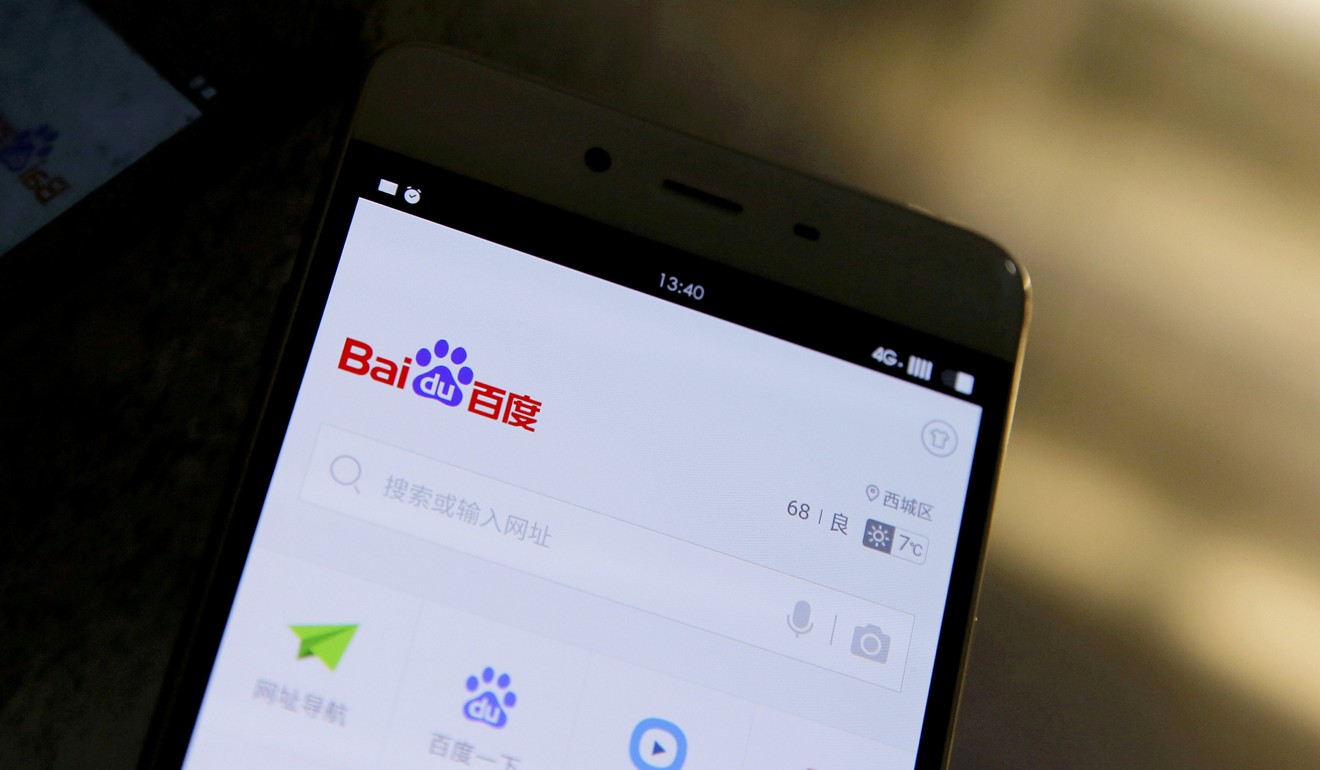
China’s top social media sites probed for ‘hosting illegal content, endangering national security’
Information carried by Weibo, WeChat and Baidu Tieba violated China’s new cybersecurity law, industry watchdog says

China’s three most popular social media platforms have been placed under investigation on suspicion of violating the country’s new cybersecurity law, the top internet watchdog said on Friday, as it seeks to tighten its grip before the party congress in the autumn.
The Cyberspace Administration of China said in a short statement that its branches in Beijing and Guangdong province have begun investigations into Tencent Holdings’ messaging app WeChat, Sina’s Twitter-like service Weibo, and Baidu’s communication forum Tieba after receiving tip-offs from users.

The local watchdogs found evidence that some users were using the platforms to disseminate violent, obscene information and rumours that “endangered national security, public security and social order”, the statement said.
All three are suspected of violating the cybersecurity law and other regulations, and for not properly managing the information sent by users, it said.
The administration said it will continue to strengthen its supervision of internet content and enforcement of the law. More information about the investigations will be released via the local offices, it said, adding that it continues to welcome information from the public regarding breaches of the regulations.

China’s Cybersecurity Law was passed by the National People’s Congress in November and took effect on June 1.
Responding to the allegations, Sina said it will address any issues with its Weibo service in line with the government’s requirements.
“Weibo is very sorry for the negative experiences of internet users caused by harmful information,” it said in a short statement.
“We will face the problem and cooperate with the investigation led by the Beijing office of the Cyberspace Administration of China.”

Xinhua quoted Baidu as saying that it will “further intensify censorship” in a bid to block harmful information being shown online.
Tencent said in a statement that it too will assist with the watchdog’s investigation.
Fu King-wa, an assistant professor in journalism at the University of Hong Kong said the probe into the social media platforms was in line with a general intensifying of scrutiny on the run-up to the national party congress, a once-every-five-years event that is likely to be held in the coming few months.
“It sends a warning to internet users and other media to manage their sites according to the cybersecurity law,” he said.
Zhejiang-based lawyer Yan Huafeng said the crackdown will further limit the space for free speech online as it is not clear what the watchdog defines as information that is hazardous to national and public security.
“The major social media platforms will have to conduct stricter censorship and take more measures, like deleting and shielding posts, and shutting down accounts to avoid the risks [of breaching their] legal responsibilities,” he said.
In January, Beijing launched a 14-month nationwide campaign to close down unauthorised internet connections, including VPN services that help people access banned websites.
In June, the Cyberspace Administration of China shut down dozens of online entertainment news accounts on Weibo, Tencent and Baidu, saying the move was in line with the new cybersecurity law, which stipulates that online content should not breach people’s privacy.